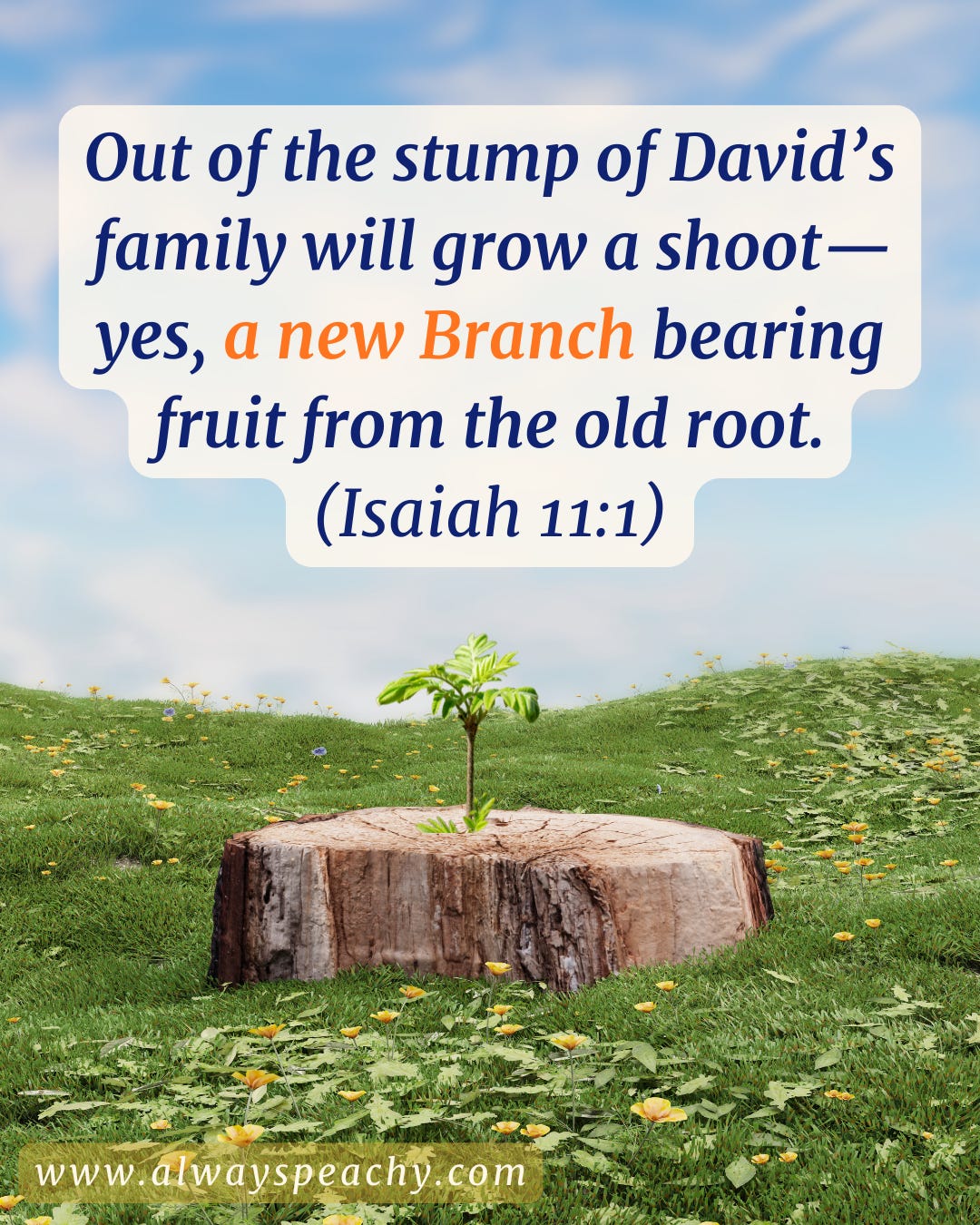The purpose of real power
You have freedom to make your own choices, but your choices will always come with consequences. That's something everyone around you will have to deal with too.
He will give justice to the poor and make fair decisions for the exploited. The earth will shake at the force of his word, and one breath from his mouth will destroy the wicked. (Isaiah 11:4)
Would you give a toddler a real power tool?
No, that’s probably not a good idea. Any rational adult would realize the danger in giving something with that kind of destructive capability to someone incapable of understanding the consequences of their actions. That’s what toys are for.
Real power in the hands of those who don’t understand consequences is a dangerous thing. Not everyone has real power, though. Most of us only have control or authority over our own lives. Any decisions or choices we make rarely have far-reaching effects over the world in general.
But your family, your friends, anyone in your community will feel the consequences of the choices you make. That, in its most basic definition, is real power. You have freedom to make your own choices, but your choices will always come with consequences. And those consequences are things that everyone around you will have to deal with too.
That’s why it’s wise to make sure the leaders we follow understand what it means to lose and have faced the long, dark night on the other side of failure. When you have real power at your fingertips, you are more likely to be empathetic in its use if you have experienced loss.
This part of our passage is so wonderful because it’s talking about someone who truly does have all power. Jesus, Messiah, has power unlike any other human authority. He is God. But He doesn’t use this power to destroy and demean. No, Jesus uses His power to protect those who can do nothing for Him in return.
Jesus has all power, and He will use it to serve the humble. This is what His kingdom will look like when it finally arrives, and in the mean time, this is how we should live. If you are in a position where you have power or authority over other people, be sure that you are using that power and authority the way Jesus did: To serve, to provide, to protect, and to bless.
Word(s) of the Day
Yes, it’s another day looking at two Hebrew ideas. I just found this so fascinating because, again, these two words I expected would be synonymous. And they aren’t.
THE POOR (דַּלִּ֔ים | dallim)
From the word dal (דַּל), meaning poor weak lowly
This word, dallim, usually points toward the condition of material poverty. So this is what we think about when we speak of poor people or a poor nation. But it extends beyond that connotation to also indicate a sense of weakness or vulnerability. So someone who is poor in this way would also be powerless or insignificant, people who can’t take care of themselves.
THE OPPRESSED (לְעַנְוֵי־ | leanvay)
From the word anav (עָנָו ), meaning humble meek lowly
This word, leanvay, means something completely different. This word indicates a lifestyle of lowliness. Meekness and humility are the hallmarks of this kind of life, but the really fascinating point is that circumstances may have brought about this lifestyle, or the person may have chosen it himself intentionally.
In one instance, we have a group of people who aren’t able to provide for themselves for whatever reason, and the other is a group of people who, whether through intentional choice or the twists and turns of life, are relegated to a life without control or power.



